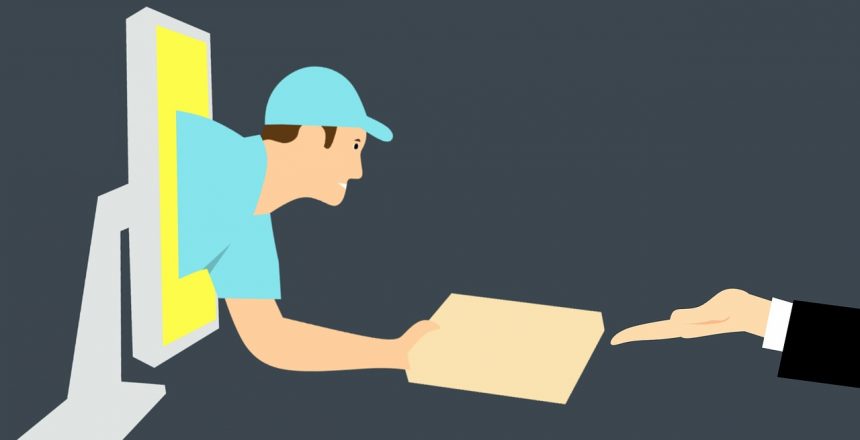Buying and Selling Goods and Services Makes Our World Go Round.
It creates jobs as well as helps us get what we need to live. But as a lot of sales have moved online, it can make it harder for buyers to get what they need safely, and sometimes sellers are in a position to steal money from buyers by not giving them the item or service they bought. This is called ‘non-delivery’ and is a scam against innocent buyers.
In most cases, non-delivery scams happen online where buyers pay the seller upfront. After they get their money, they don’t hold up their end of the deal and either don’t send the product or they send something different from what they described. As a buyer, you can’t always know which sellers will deliver the agreed products and which will try to scam you, but that doesn’t mean you can’t protect yourself while you shop for the things you need. There are some great platforms that help you trust anyone you buy from because your money will always be protected. Here, we’ll share our top three tips to prevent the non-delivery of the products you purchase.
1. Don’t pay sellers upfront
When fake sellers try to sell you an item and ask for an upfront payment, they want you to pay them directly so they get your money before they have to do anything. The problem is that real sellers can do this so they know you’ll pay them before they send you the item.
When you request that the payment for the product or service is done on a secure platform that protects you, fake sellers will be scared off because they know they won’t get your money unless they deliver on their promise.
By using an escrow platform, you can pay for the item but the funds are held in a trust account until you receive the item and are happy it’s what you ordered. This is one of the easiest ways to prevent non-delivery online scams because it can quickly help you tell the real and fake sellers apart and always protect yourself and your money.
2. Check the identity and details of the seller
Scammers hide through fake profiles and identities to steal money from people without getting caught. So, when you buy from someone online and pay them directly, they can lie about who they really are.
These days, there are a lot of great payment services that make users register their account before they can use it to buy and sell, like trusted escrow services and PayPal. Escrow has even more security as it doesn’t send the money to the seller like PayPal does, so you don’t need to create a dispute to get your money back.
With escrow options so easy to use, you can make sure you always know who you’re buying from and you can safely send money knowing that the system has verified them. The amount of safety in buying from sellers on these platforms depends on how good their registration system is at rejecting fake profiles. Using a well-reviewed and trusted escrow service like Truzo is a great choice to give yourself the most safety.
3. Get your money back when products and services don’t come or are wrong
Non-delivery scams focus on one thing – not sending what they say they will. Whether this is a product that didn’t get delivered, the wrong product, or a low-quality or a service that wasn’t done or it was done to a low standard, this is part of a scam. Non-delivery scams can be fully stopped by only sending your money to the seller when you’re happy that what you’ve ordered is what you’ve received.
As even real sellers won’t always want to send an item or service without you sending your money, escrow services can fill the gap. You can pay the money for the product beforehand, but the funds are held with your escrow service provider and only paid to the seller once you agree that you’re happy with the item or service.
This means even wrong or only partially delivered orders are no longer a problem too. Both buyers and sellers are protected by using an escrow service, so there’s no reason why someone wouldn’t want to use it unless they’re trying to scam you.
For more information on how Escrow can help you or your business, visit truzo.com or drop us a mail on info@truzo.com.

